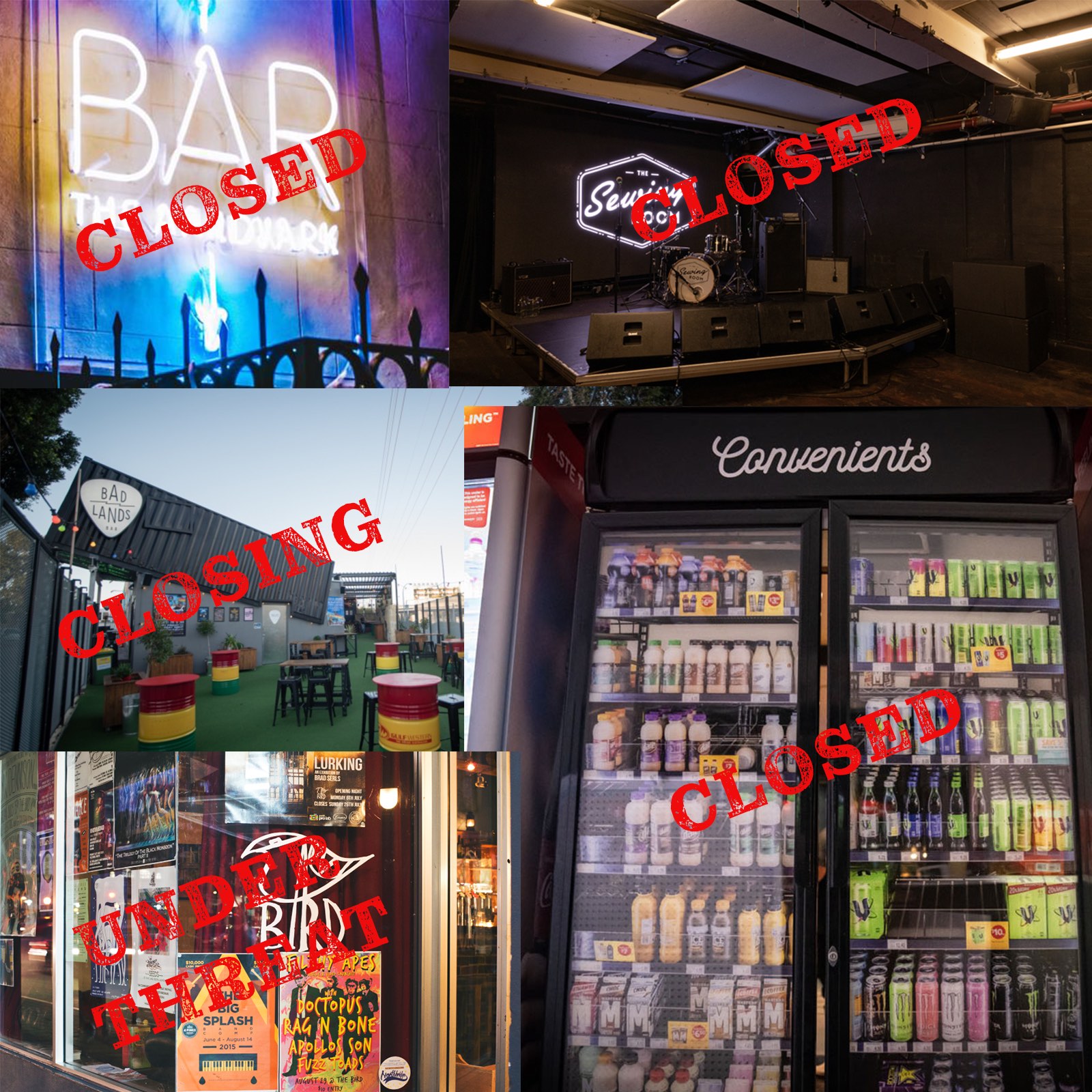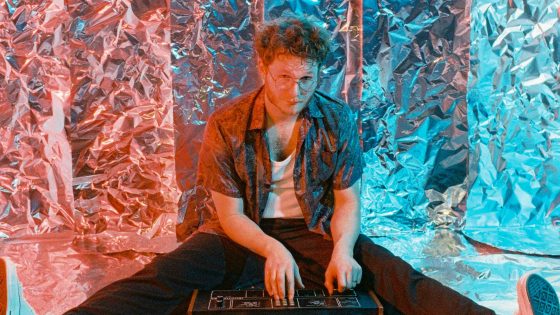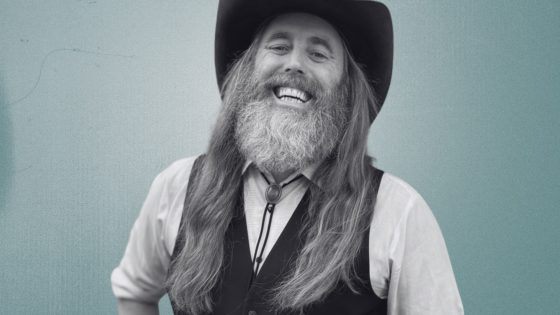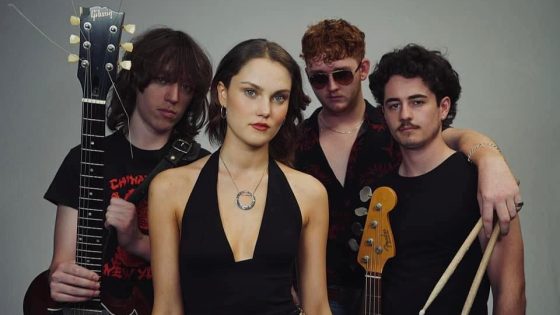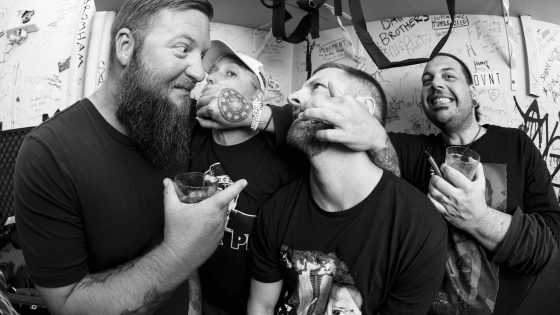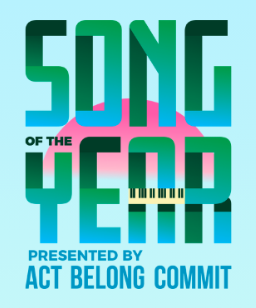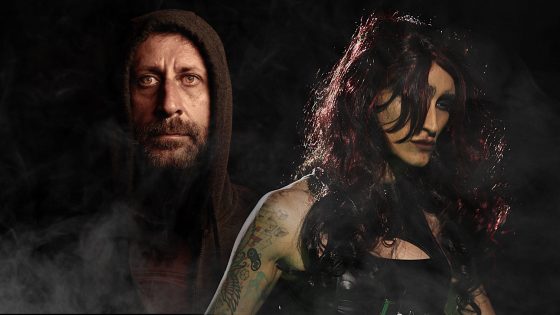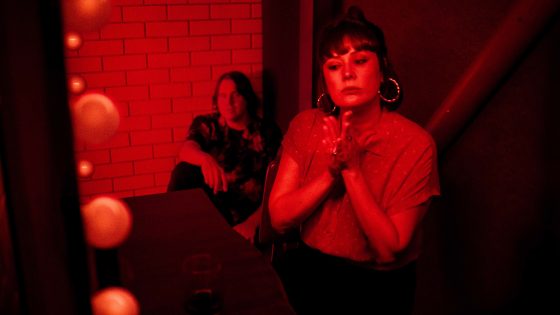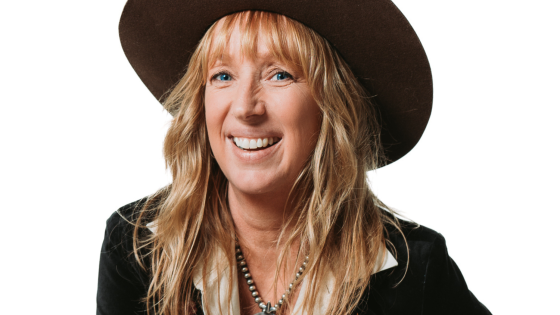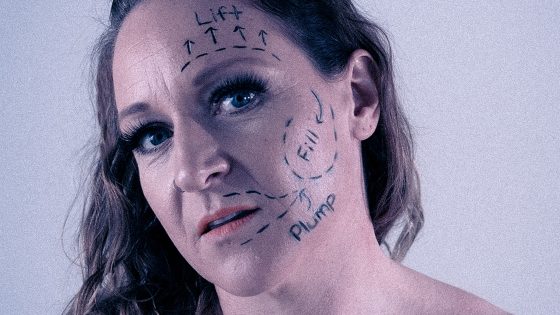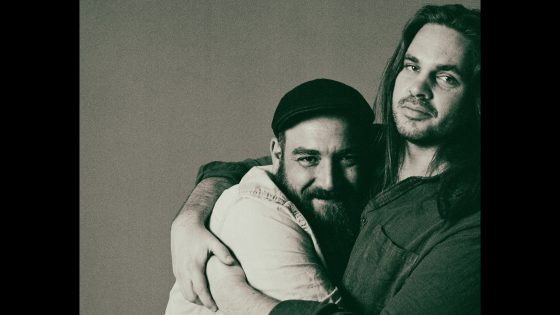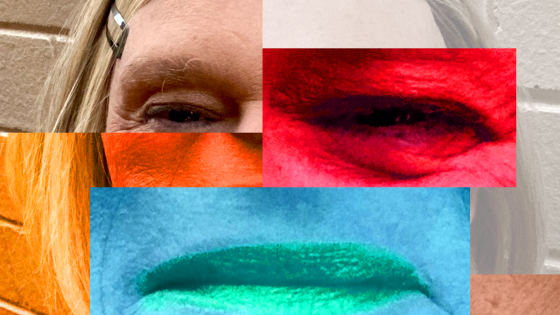Earlier this week, I wrote about steps The Bird is taking to keep its doors open. This was another of Perth’s live music venues struggling to stay afloat on the back of the recent closures of The Aardvark, The Sewing Room and the imminent closure of Badlands. Two days later, the owners of Northbridge live music venue, Convenients, also announced the venue’s immediate closure. This was precipitated by a social media pile-on on where insults and threats were traded after one musician began to highlight Convenients’ slow/no payment of performers.
…this is symptomatic of an industry that simply does not know how to value and support the very people who make the whole thing possible — musicians.
The closure of Convenients’ was a particularly ugly affair, one that only seems possible in an industry where bullying is rife and anyone who suggests that things could or should be better is setting themselves up as the next target for villagers carrying torches. Despite its almost two billion dollar a year value add to the WA economy, the Western Australian music industry seems to pride itself on being a self-defeating system where failure is expected to the extent that a good number of people who class themselves as musicians never dare to dream that they could make a living out of their art.
The closure of up to five Perth music venues in little more than a year should be cause for great concern to the State government, to the peak industry representative body and to the general public. These are the types of venues where the likes of AC/DC, INXS and Tame Impala got their grounding in live performance. They are the nurseries for the next generations of local, national and international talent. If they disappear altogether and Perth is reduced to the choice of struggling to hear a duo playing in the corner of a beer barn or going to see the likes of Coldplay at Optus Stadium, we will all be poorer both culturally and financially.
As cultural institutions, our live music venues need to be here to grow with next generations who increasingly don’t see alcohol as an essential part of a night out. It’s time for live music venues to change and get themselves off the alcohol drip. That’s why The Bird has created new food and non-alcoholic beverage menus and is looking at how it can be part of creating greater social connection through live music.
Owner of The Bird, Kabir Ramasary, said that he and his colleagues are, “trying to create a scene where people don’t have to rely on drinking to have fun.” This approach is another reason to get behind The Bird’s proactive campaign to shore up its finances and stay open, because they’re leading the pack when it comes to breaking the nexus between live music and alcohol.
However, most of the venues that have closed have cited rising costs, which is a legitimate call, but it does seem like the only ones not getting a cut of the inflationary pie are the people on stage, which is what put an end to Convenients. To me this is symptomatic of an industry that simply does not know how to value and support the very people who make the whole thing possible — musicians.
Given the value of the local music industry to the WA economy and the State government’s willingness to put on events like Coldplay’s two recent shows at Optus Stadium, it’s legitimate to wonder whether the government can do anything to help. They’re certainly switched on to the PR and economic value of the top end of the music industry, but they seem a little less magnanimous when it comes to the small end of town. Apart from throwing a few thousand (well deserved) dollars at the local Coldplay supports, the State government just doesn’t seem to know how to help.
That’s where the WA Music Industry Association (WAM) should come in. As an industry representative association, WAM’s membership base is relatively small at approximately five percent of the total number of people who can be classed as music industry workers. It’s clear that their representation is not widely valued among musicians. It also appears that WAM’s representation isn’t valued by the State government, either. When I inquired, I was advised that none of WAM’s board members had attended the Coldplay concerts as guests of the State government, the promoters or anyone else involved in staging the event. The WAM Board couldn’t even crack an invite to the biggest government-sponsored music event of the year. Whereas, if you look at the likes of the AFL, there’s always a prime minister sitting next to the chair of the board come grand final day. That’s how business gets done between the government and the private sector; something of which WAM has no understanding.
A commenter on the Around The Sound Facebook post about The Bird expressed the hope that WAM might take action. WAM replied saying that some action is underway but has so far not elaborated on what. I hear whispers of an imminent meeting with government, so fingers crossed because at the moment, it’s all we’ve got while we suffer this pandemic of live music venue closures.
The only alternative would be to get the villagers to put down their torches and do something constructive for once. Maybe by, for example:
- Joining WAM and getting involved, turning them into a truly representative organisation that has some influence. Here’s the signup page.
- Joining a musicians’ union. Here are links to the Musicians Union of Australia, Musicians Australia and the Media, Entertainment and Arts Alliance. Your choice.
- Emailing your local member and/or the Minister for the Arts, David Templeman. Here’s his email address.
- Establishing a fighting fund for WA’s live music venues. If all 18,000+ members of Perth Music Network kicked in $50 we could raise $1 million overnight.
- Understanding that your art does have cultural and economic value and taking pride in that.
- Being supportive of your fellow musicians and their desire to get paid. If you work, you should get a wage.
These are all practical things that the music community could get behind right now and that would make a difference to the viability of the music industry in WA. I’m sure people could think of many others.
It’s time musicians helped themselves.


